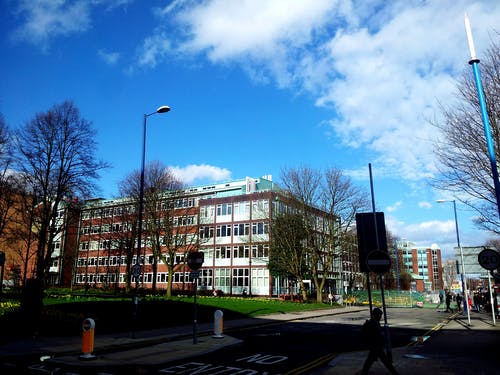With student housing deals continuing to be a primary focus for many investors and REITs alike, an increase in development within the industry is expected as well as current student housing occupancy levels reaching near all-time highs as reported by Nelson Partners.
Here are some ways the current real estate boom cycle will affect the student housing market:
Table of Contents
1) Higher rents and occupancy rates
As mentioned, current occupancies for student housing are at all-time highs. Coupled with the continued development of new products, landlords can continue to raise rents. In addition, institutional investors are willing to pay more for deals as they look to deploy capital into a more stable asset class.
2) More Tier-1 universities are being built
Due to the high demand for student housing, many universities are now building their own on-campus facilities. This will limit the development of off-campus properties and could lead to increased occupancy levels and higher rents.
3) New investors entering the market
In addition to traditional student housing investors like REITs and capital investors, family offices and high net worth individuals are asking questions like “why rent homes to students?” and then looking to get into the student housing market to take advantage of this opportunity. Existing owners of off-campus properties will be able to benefit from increased competition for their buildings, given more buyers in the marketplace.
4) The big chains moving downmarket
As mentioned, we have seen many REITs move into the space and expand their offerings. The large chains are also moving downmarket in an effort to capture market share with properties that rival off-campus housing. This is one of the reasons why we have seen so much development within student housing.
5) Continued development
Many universities are now building on-campus facilities to meet the demand for student housing. In addition, we have seen a number of developers move into the space to take advantage of increasing rental rates and occupancy levels. All this development will likely lead to increased competition in some markets.
6) The impact of e-commerce on student housing
As online retail sales continue to grow, it impacts the demand for on-campus student housing. In addition, more and more students are choosing to live on-campus to have easy access to their classes and the amenities that the universities offer. This could lead to a decrease in demand for off-campus housing.
7) More deals are being done
Given the current market conditions, there is a lot of competition for deals among investors. This has led to more deals being done and increased values for existing properties.
8) Lower cap rates
The competition for deals has led to lower cap rates. Many investors want to get into the space and are looking at all types of properties with this in mind, especially given many REITs entering the market. There will likely still be some opportunities available in the student housing space, but most developments and/or acquisitions will require a higher return given the increased competition.
9) Decreased borrowing costs
Given a big increase in demand for real estate debt, lenders have been increasing their rates to accommodate this. As a result, the increased competition among lenders has led to an overall decrease in borrowing costs, at least for now. With that being said, we have seen some large increases from lenders in the past few months, so this could change in the near future.


